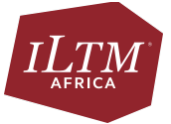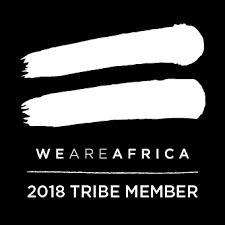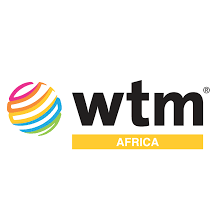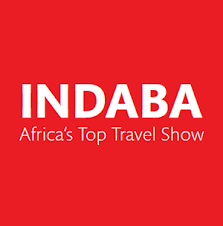3 Nights Masai Mara Magic
This four-day itinerary offers an exciting safari adventure in Kenya, starting with arrival at Jomo Kenyatta International Airport in Nairobi. Upon arrival, you will be met by representatives outside the customs and immigration halls for a safari briefing and introduction to your driver guide. Your journey then takes you to the renowned Masai Mara National Reserve via Narok, where you will check-in and have lunch at a camp. The following two days will be spent exploring the reserve through morning and afternoon game drives. You will have the opportunity to observe various wildlife such as elephants, buffalos, lions, cheetahs, hyenas, and jackals. The Mara is also home to the herds of migratory wildebeest and zebras, which can be seen from July to October. After spending your nights at the camp on a full board basis, you will depart on the fourth day to Nairobi for lunch before being transferred to Jomo Kenyatta International Airport for your international flight out.






